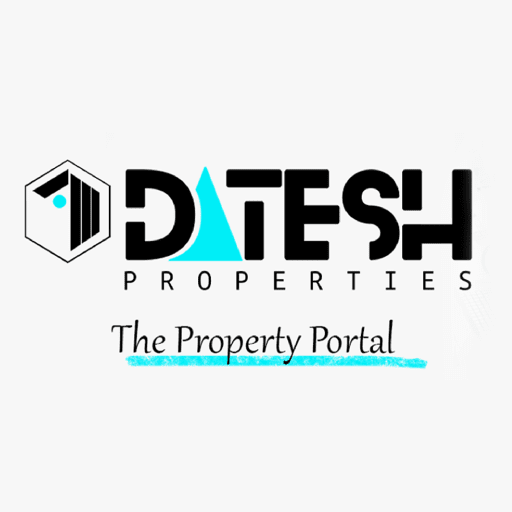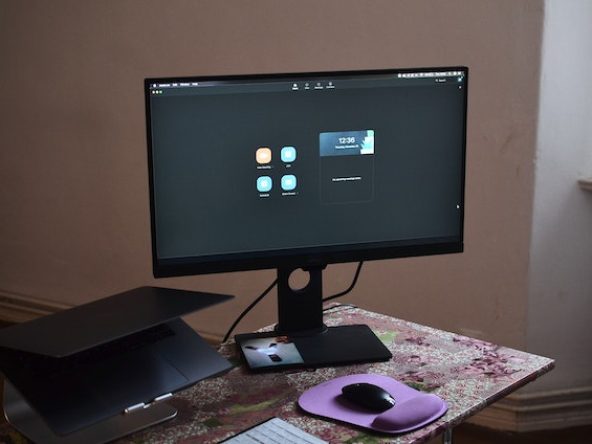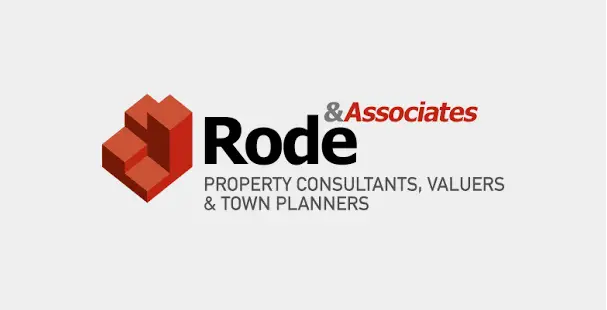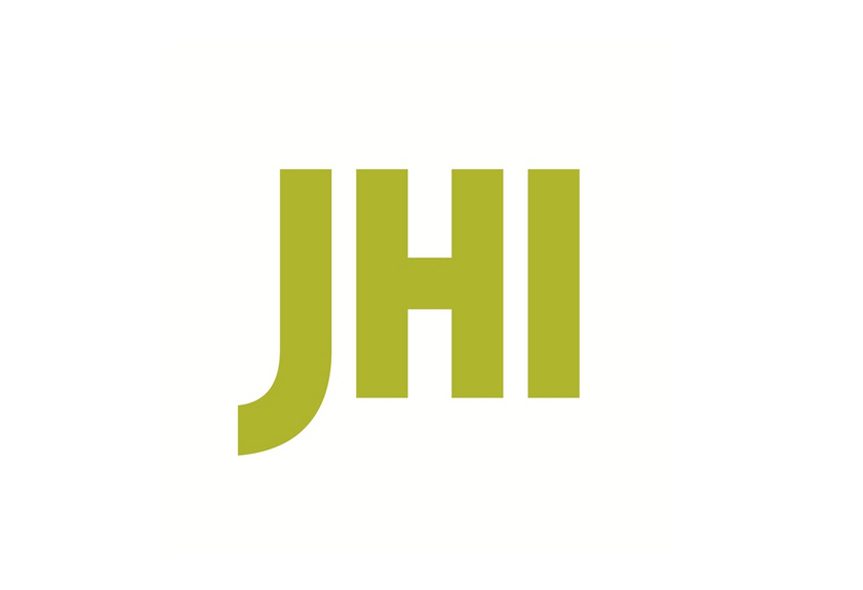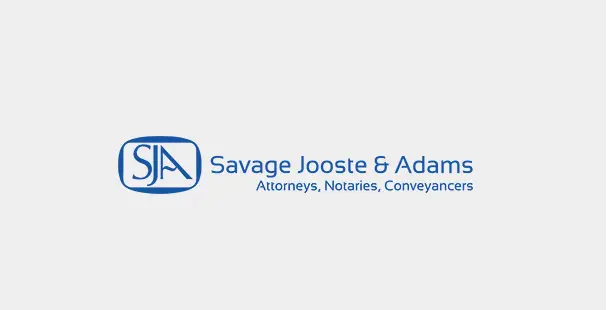Property valuation is a critical aspect of the real estate industry. It involves determining the value of a property for various purposes, including sales, insurance, taxation, or financing. In South Africa, property valuation is regulated by the Property Valuation Act, which stipulates the standards and procedures that must be followed. This article provides an overview of the different property valuation methods used in South Africa.
- Comparative Market Analysis (CMA)
The Comparative Market Analysis method is one of the most commonly used property valuation methods in South Africa. It involves comparing the subject property with similar properties that have recently been sold in the same area. The properties compared should have similar characteristics, including location, size, condition, and age. The price of the subject property is then estimated based on the average selling price of the comparable properties.
- Income Approach
The Income Approach is used to value commercial properties, such as offices, warehouses, and shopping centres. It involves estimating the future income that the property is likely to generate and discounting it to its present value. This method considers various factors, such as rental income, operating expenses, vacancies, and tenant turnover. The Income Approach is particularly useful in determining the value of properties that generate income, as it takes into account the expected cash flow over a long period.
- Cost Approach
The Cost Approach is used to value properties that are new or have recently been constructed. It involves estimating the cost of replacing the property with a similar one, taking into account depreciation and obsolescence. This method considers various factors, such as the cost of construction, land value, and the age of the property. The Cost Approach is particularly useful when there are few or no comparable properties in the market, or when the subject property has unique features.
- Residual Valuation
The Residual Valuation method is used to value land that is yet to be developed. It involves estimating the value of the finished development and then deducting the construction costs, developer’s profit, and other expenses to arrive at the residual value of the land. This method considers various factors, such as the zoning laws, market demand, and the cost of construction. The Residual Valuation method is particularly useful in determining the feasibility of a development project.
- Depreciated Replacement Cost
The Depreciated Replacement Cost method is used to value properties that have been in existence for a long time. It involves estimating the cost of replacing the property with a new one and then deducting the depreciation. The depreciation factor considers the age of the property, the condition, and the maintenance history. The Depreciated Replacement Cost method is particularly useful when there are no comparable properties in the market.
In conclusion, property valuation is a crucial aspect of the real estate industry in South Africa. The different valuation methods have their unique strengths and weaknesses, and each method is suitable for a specific type of property. It is important to engage the services of a professional property valuer to ensure that the valuation process is carried out in a transparent and accurate manner. By understanding the different valuation methods, property owners and investors can make informed decisions and avoid costly mistakes.


